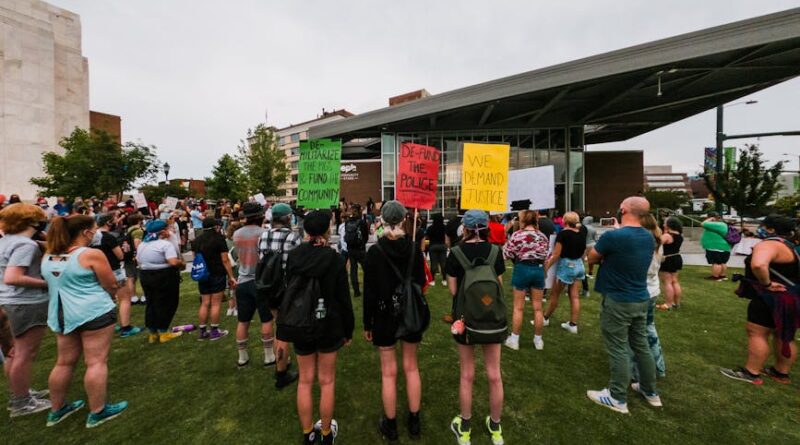Navigating Political Change in a Crisis
Have you ever felt like the world is spinning out of control? Political changes can feel overwhelming, especially during crises. Whether it’s a pandemic, economic downturn, or social unrest, understanding how to navigate these shifts is crucial. Lets explore how we can adapt and respond to political change during tough times.
What Does Political Change Mean in a Crisis?
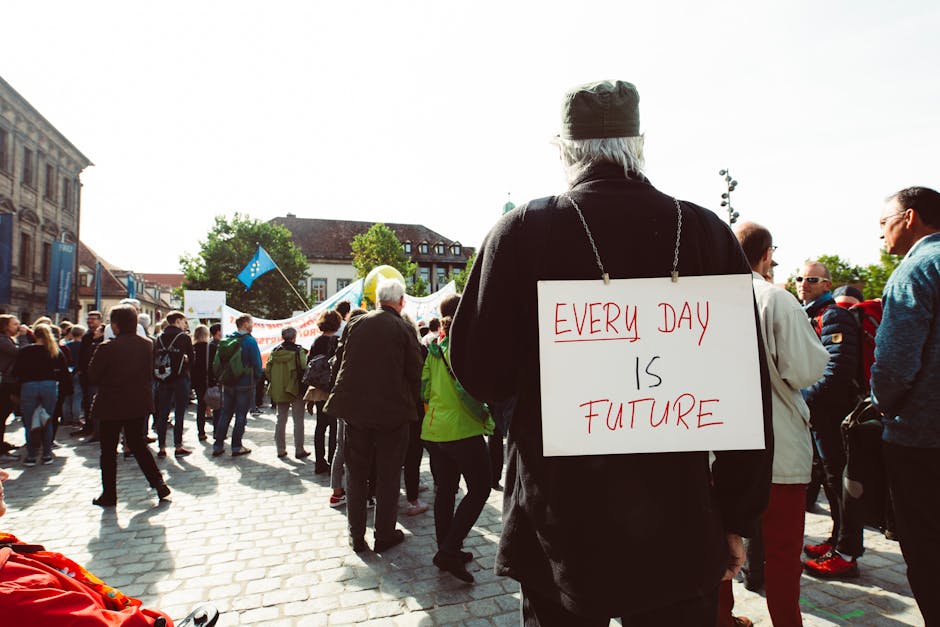
Political change refers to shifts in government policies, leadership, or political power. During a crisis, these changes can happen quickly and unexpectedly. Think of it this way: when your favorite show gets a sudden plot twist, it can leave you confused. Political change works in a similar wayit can disrupt our everyday lives.
For example, the COVID-19 pandemic led to significant political changes worldwide. Governments implemented lockdowns, travel bans, and new health policies. These changes affected jobs, education, and our social lives.
Why Does Political Change Matter During Crises?
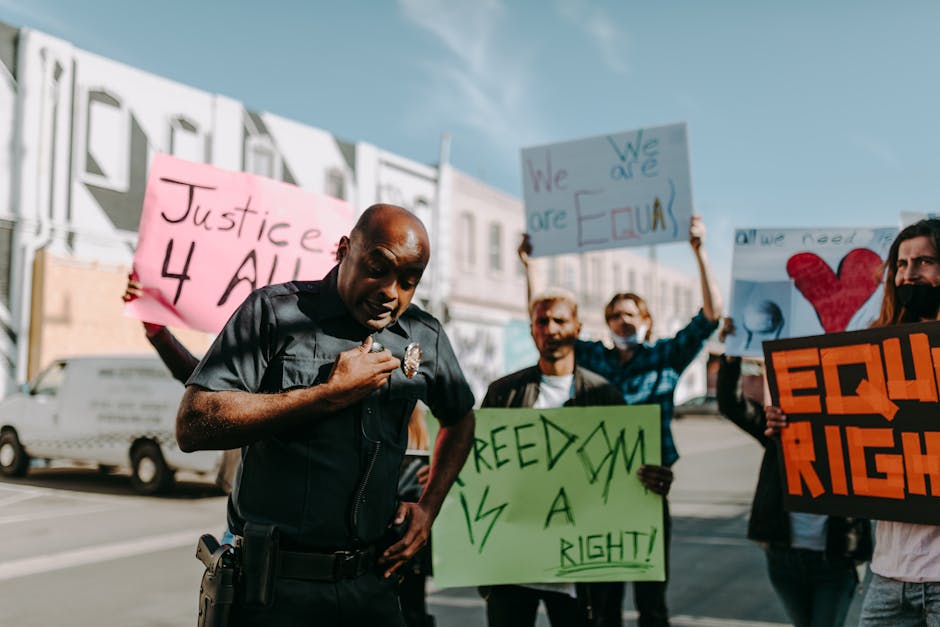
Understanding political change during crises is essential for several reasons:
- Impact on Daily Lives: Changes can affect your job, education, and health policies.
- Informed Decisions: Knowing what’s happening helps you make better choices.
- Community Engagement: You can become an active participant in discussions that matter.
- Preparedness: Understanding potential changes helps you prepare for the future.
How Do Political Changes Happen?
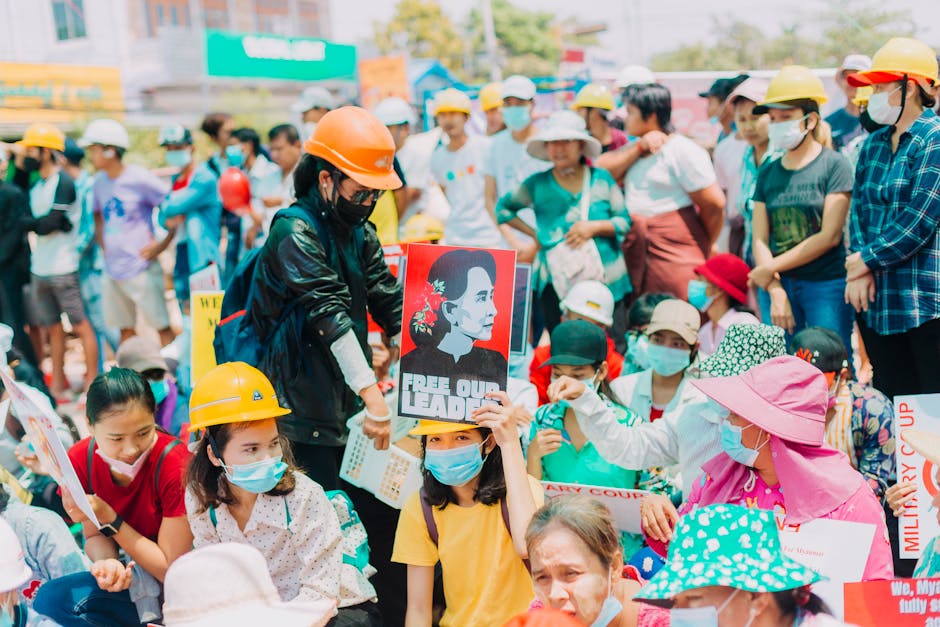
Political changes can occur in various ways, especially during crises. Here are some common factors:
- Public Opinion: Peoples views influence leaders decisions. For instance, during the Black Lives Matter movement, public outcry led to discussions about police reform.
- Economic Factors: Economic struggles often prompt governments to change policies. High unemployment rates during a recession can lead to new job programs.
- Social Movements: Activism can spur significant political change, as seen in environmental movements pushing for climate policies.
Each of these factors plays a role in shaping the political landscape, especially in times of crisis.
What Can Citizens Do During Political Change?
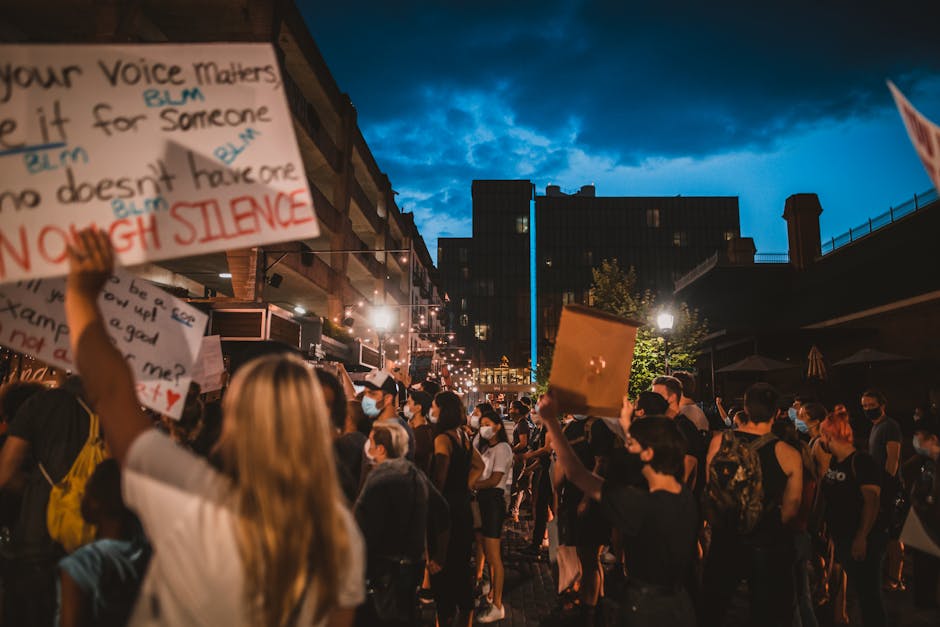
Feeling powerless during political changes is common, but there are ways to take action:
- Stay Informed: Read reliable news sources to understand what’s happening. This helps you grasp the context of changes.
- Engage Locally: Attend town hall meetings or community forums. Local politics often impact your daily life the most.
- Speak Up: Use social media or community groups to voice your concerns. Your opinion matters!
- Vote: Participate in elections. Voting is your chance to influence the direction of your community and country.
Remember, your voice counts, especially when the stakes are high.
How Can Leaders Respond to Political Change?
Leaders play a crucial role in managing political change. Heres how they can respond effectively:
- Listen to Citizens: Leaders should actively seek feedback from constituents. This builds trust and ensures policies meet public needs.
- Be Transparent: Clear communication about changes enhances public understanding and reduces confusion.
- Promote Unity: During crises, leaders should work to unite people rather than divide them. This fosters a collaborative environment.
By focusing on these areas, leaders can help guide communities through uncertainty.
What Are the Risks of Ignoring Political Change?
Ignoring political change can lead to significant risks, including:
- Social Unrest: Failure to address peoples concerns can lead to protests and conflicts.
- Economic Decline: Poor policy decisions can worsen economic conditions.
- Erosion of Trust: Lack of responsiveness can decrease public trust in government.
These risks highlight the importance of staying engaged and informed.
What Examples Show Successful Navigation of Change?
History provides examples of successful navigation during political change:
- New Zealand and COVID-19: The government quickly implemented effective health policies, leading to a swift decline in cases.
- Germany’s Response to Refugees: During the refugee crisis, Germany embraced humanitarian policies, enhancing it’s global standing.
- U.S. Civil Rights Movement: Grassroots activism led to significant legislative changes, improving social equality.
These examples remind us that change can lead to positive outcomes when managed well.
What Are Common Misconceptions About Political Change?
Many misconceptions surround political change. Here are a few:
- Change is Always Bad: While change can be challenging, it often brings opportunities for improvement.
- Political Change Doesn’t Affect Me: Changes can have local impacts, affecting jobs, education, and community resources.
- My Voice Doesn’t Matter: Each voice contributes to a larger conversation. Collective action can drive significant change.
By addressing these misconceptions, we can encourage more active participation in political processes.
How Can We Prepare for Future Political Changes?
Preparing for future political changes involves a proactive mindset:
- Educate Yourself: Take the time to understand political systems and current issues.
- Build Community Connections: Strong communities can better navigate changes together.
- Advocate for Issues: Support causes that matter to you, whether it’s through volunteering or donations.
Preparation can make a significant difference when facing uncertainty.
Conclusion: Taking Action in Times of Change
Navigating political change during a crisis can feel daunting, but you’re not alone. By staying informed, engaging with your community, and advocating for issues that matter, you can help shape the future. Remember, change is a natural part of society, and your voice is powerful.
As the political landscape continues to evolve, consider the lessons learned from history and apply them to your own community. Together, we can navigate these challenging times and emerge stronger.
For more information on understanding political systems, check out C-SPAN’s resource page for in-depth discussions and analyses. And if you’re interested in local engagement, you might find our post on community activism helpful.
